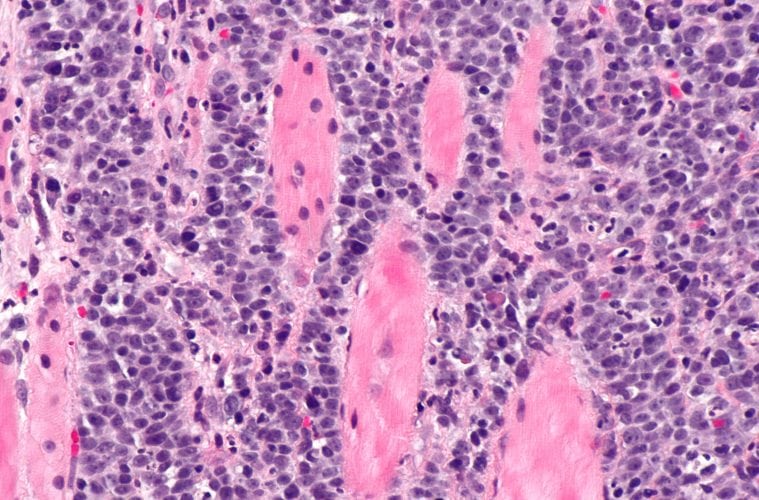HPV is a shortened term for Human Papillomavirus. It is so common that we can consider it as an equivalent to a common cold. There are as many as at least 150 different types of HPV, but not all of them are transmitted through sexual intercourse.
However, nearly every sexually active person gets at least one strain of the virus throughout their lives. Most people won’t even know they have it since typically it doesn’t cause any symptoms and it can still be transmitted.
One in nine U.S. men, or about 11 million in total, have an oral infection of the virus.
There are two main groups of HPV, low-risk strains and high-risk ones. Low-risk strains cause warts and high risk can lead to cancer. The most common types to be transmitted through sex are types 6 and 11, which are low-risk strains as well as types 16 and 18, which are high-risk strains. All warts on the body, even the boring plantar ones which can be found on hands or feet are the symptom of an HPV infection.
Unfortunately, condoms can’t offer full protection against the virus since it is spread through skin-on-skin contact. They do offer a small amount of protection though, especially against the more high-risk strains.
Consequences
Normally HPV infections will go away in a couple of years. 70% of people are able to get rid of it within 1 year, and more than 90% within 2 years. However, there are also cases where the virus is persistent and the infection can last longer. It can have some very serious consequences.
In men, HPV is thought to be responsible for:
- Over 90 percent of cases of anal cancer
- over 60 percent of penile cancers
- About 70% of cases of oropharyngeal cancer, which occurs in the back of the throat, the base of the tongue, and the tonsils
You’re more likely to have a persistent infection if you already have a compromised immune system. Other factors such as smoking can also negatively affect your chances of getting rid of the virus. Another factor that can really impact you is your stress levels.
Getting rid of symptoms
Nobody wants to wait up to 2 years to get rid of genital warts. There are several options available to help you tackle them. Some of the most common options include podophylln which can only be applied by a specialist and podofilox, mostly known under the brand name Condilox, which can be used at home.
Neither of these treat the virus itself, they just physically destroy the warts. Another option is Imiquimod, mostly known under the brand names Aldara and Zyclara. This drug helps stimulate the immune system of the infected person in order to fight off the virus. However, all of these treatments can have side effects such as irritated skin, skin burns, itchiness. Imiquimod can also give you flu like symptoms and dizziness.
Cryotherapy is another efficient option. The doctor applies liquid nitrogen to the affected area and freezes the warts. If everything else fails, there are surgical options like electrosurgery or laser surgery usually done under the local anaesthesia
The most important thing you can do to help fight against the virus is to improve your own immune system.
Getting over it
One of the worst parts about getting HPV is the way it can affect your mental health. There is a huge stigma against the idea of genital warts, and many people who suffer from it can fall into a downward spiral of anxiety and depression. This stress will actually make it harder for your body to fight the virus.
Most people feel that HPV changed their lives and limits them in dating and leading normal lives. Getting professional help from a psychologist might be a good option to learn how to to deal bad emotions caused by having the HPV infection.
The only way to avoid all the stress and drama and even serious illnesses, like cancer, is getting vaccinated. The vaccine is usually recommended for people under 26 and it is recommended that both girls and boys get vaccinated since HPV affects both sexes.
HPV is bad and it can last for a really long time. But if you get it treated in the right way, the chances of any complications caused by it is diminished. It affects a lot of people, so don’t be embarrassed to talk about it. The most important thing is being honest about it with your partners and to raise the awareness of the importance of the vaccine, at least among your friends and family.




